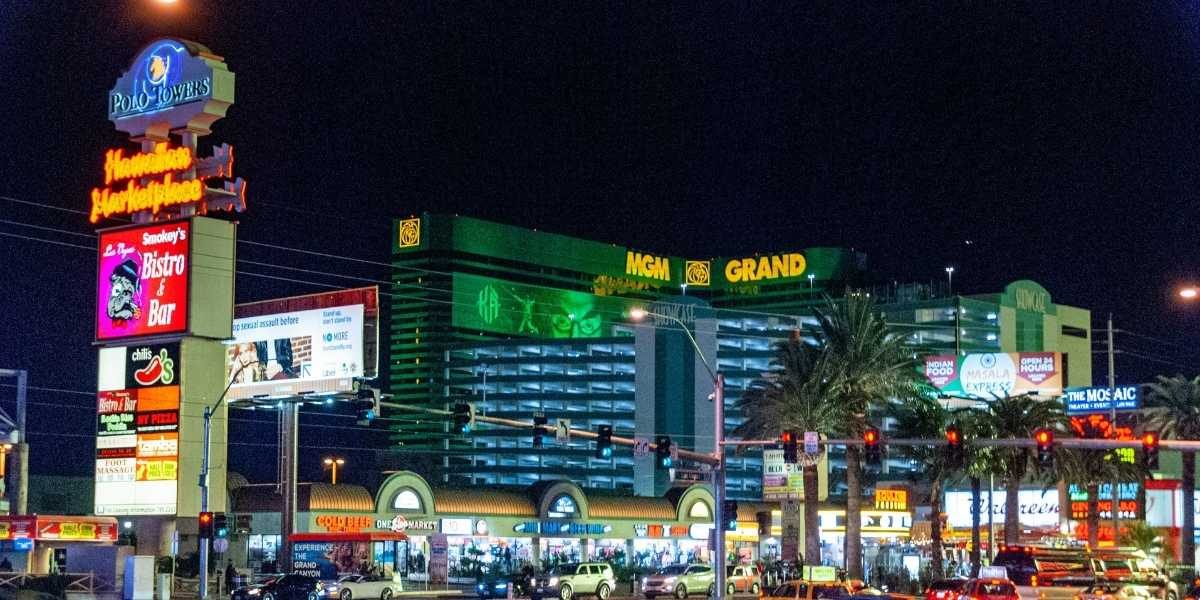What’s Fueling the Climb?
The cost of living in Las Vegas has always drawn newcomers, but recent changes in the rental market are shifting the conversation. As of late February 2025, the average rent across the Las Vegas Valley sits at $1,738, according to regional housing analysts. That figure marks a 2.9% increase over the past year, raising questions about affordability, inventory, and long-term trends.
Read Also: Why Las Vegas Shows Are a Must-See Experience
Why Are Rental Rates in Las Vegas Increasing?
The Las Vegas rental market is responding to a complex mix of supply constraints and steady demand. Population growth continues to outpace housing construction in key areas. As more people relocate to southern Nevada in search of opportunity, the need for long-term housing intensifies.
Developers are building, but not fast enough to catch up. Permitting delays, land availability, and rising construction costs have all slowed the process. The result is fewer units available per capita, which gives landlords room to raise prices. Industry professionals suggest that even modest economic growth is enough to stretch the current rental stock thin.
Who’s Driving Demand in the Rental Market?
Several demographic shifts are pushing rental prices upward. Young professionals are opting to rent longer before buying homes, largely due to high mortgage rates and down payment barriers. Retirees, especially from neighboring states like California, are downsizing and moving into rentals as part of lifestyle changes.
Additionally, service workers and tourism employees—essential to the Las Vegas economy—remain dependent on rental housing. This base group often faces stagnant wages, making even a small uptick in rent a significant challenge. The gap between earnings and rent is growing, and some families are being priced out of neighborhoods they’ve lived in for years.
Which Areas of Las Vegas Are Seeing the Sharpest Increases?
Rental rates aren’t rising evenly across the city. Hotspots like Summerlin, Henderson, and certain pockets of North Las Vegas have seen some of the steepest jumps. These areas tend to offer newer properties, access to good schools, or proximity to major employers.
In contrast, central Las Vegas still offers relatively affordable rental options, but they come with trade-offs in amenities or square footage. In many cases, older properties are holding steady, while newer builds command a premium. Real estate observers believe that neighborhood-level trends may continue to vary depending on zoning, development, and commuter access.
How Are Renters Coping With the Higher Costs?
With the average rental price climbing, many Las Vegas residents are rethinking how they live. Some are taking on roommates to share expenses. Others are relocating farther from the Strip, where monthly costs drop but commutes grow longer. A few are even choosing to leave the state entirely, seeking lower rents in less crowded markets.
At the same time, local nonprofits are stepping up efforts to support tenants. Several organizations offer rental assistance programs or advocate for policies to cap annual rent increases. Still, these services can only stretch so far, especially when demand keeps rising faster than funding.
Are New Laws or Policies Helping the Situation?
Las Vegas has seen growing calls for rental reform. Advocates argue for greater tenant protections, including notice periods for rent increases and limits on how much landlords can raise rents each year. However, Nevada remains a state with few formal rent control measures in place.
Some city officials are exploring incentives for affordable housing development. These include tax breaks for builders who commit to capping rental prices below market rate. Yet many of these proposals are still in early stages, and it’s unclear how quickly they might affect the larger market.
How Does Las Vegas Compare to Other Cities?
When compared with cities of similar size, Las Vegas remains relatively affordable. Places like Phoenix, Denver, and San Diego report higher average rents. However, the rate of rental growth in Las Vegas is outpacing many neighboring markets. That trend has caught the attention of economists, who see it as a potential signal of further housing imbalance.
The city’s economic dependence on tourism also adds a layer of unpredictability. When travel dips, employment often follows, which can soften rental demand temporarily. But those lulls are typically short-lived, and rent prices tend to bounce back quickly.
What Can Renters Expect in the Near Future?
Analysts believe that rental growth in Las Vegas will continue through the end of the year, though perhaps at a slower rate. Some developers are expected to finish large apartment projects by late 2025, which could ease pressure in certain neighborhoods.
Still, long-term forecasts suggest that demand will keep rising. The city’s appeal remains strong for new arrivals, and unless construction accelerates meaningfully, rental prices are unlikely to drop. For renters, planning ahead and understanding lease terms will be more important than ever.
Why Is This Shift Important for Nevada’s Housing Future?
The current rental trajectory reveals broader challenges facing urban areas across Nevada. As more people flock to Las Vegas, the housing ecosystem will need to adapt. That includes zoning flexibility, infrastructure expansion, and better integration between state and city planning.
Understanding how Las Vegas handles its rental pressures could serve as a blueprint—or a warning—for other regions in the state. The next few years will test whether the city can maintain its affordability advantage while continuing to grow.
Read Also: Exploring the Immersive Art Scene in Las Vegas
Final Word on Las Vegas Rentals
Las Vegas is entering a pivotal moment in its rental history. With prices rising and demand holding strong, tenants and property owners alike must navigate a changing landscape. Whether these trends lead to innovation or crisis may depend on how well city leaders, developers, and residents respond.








